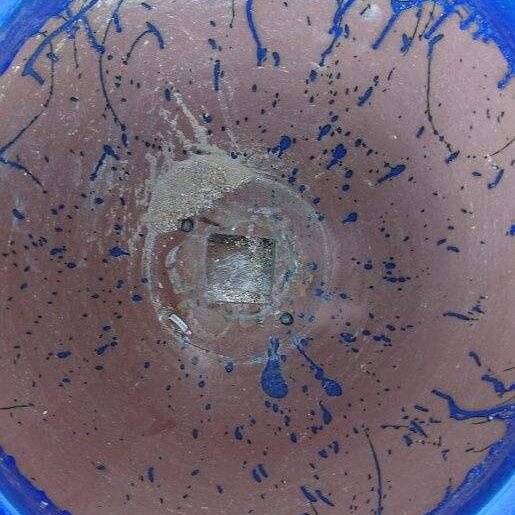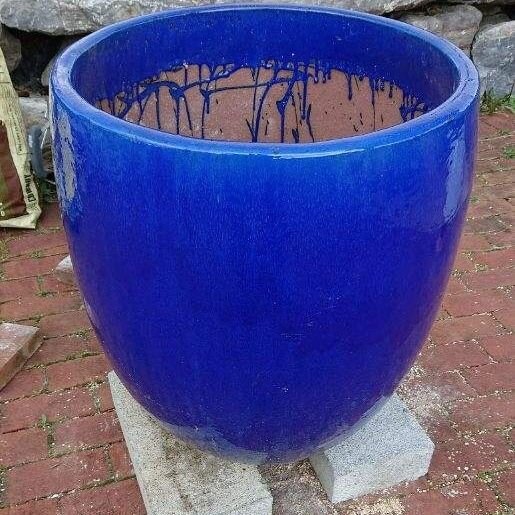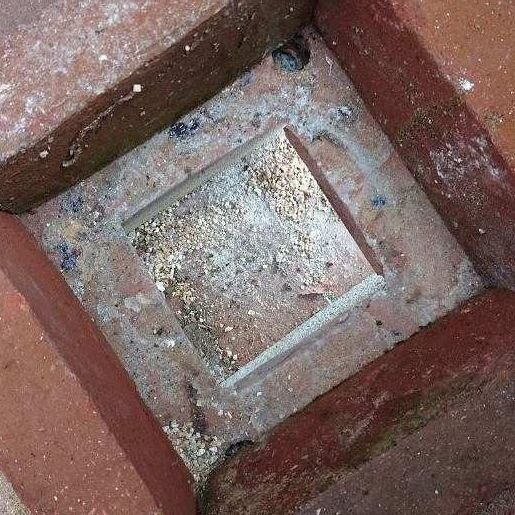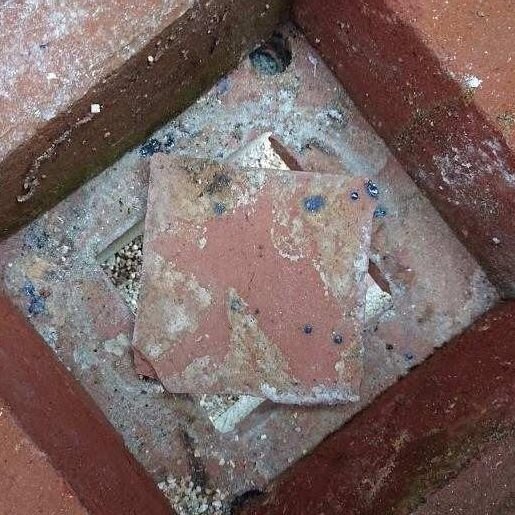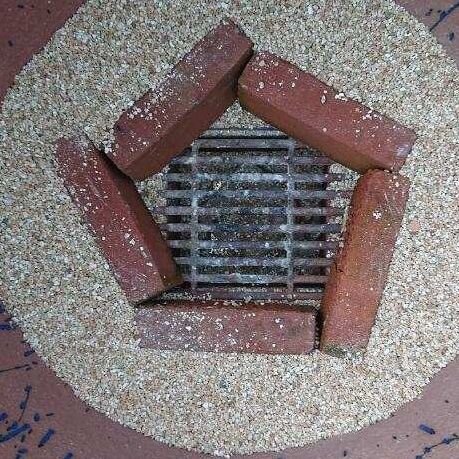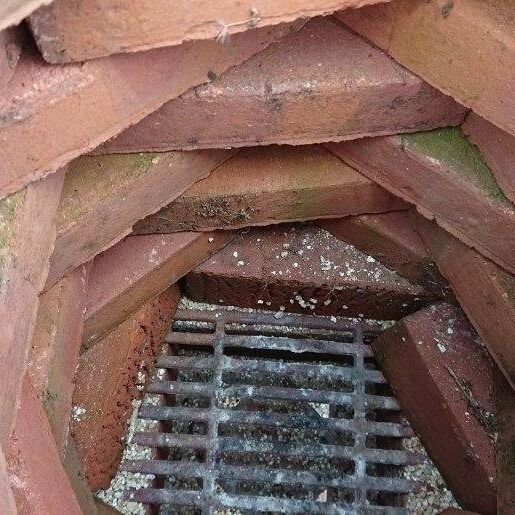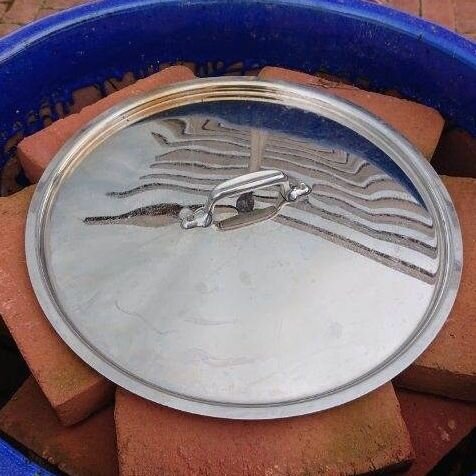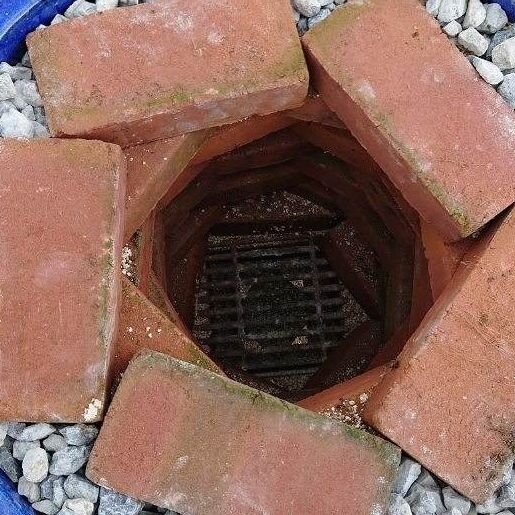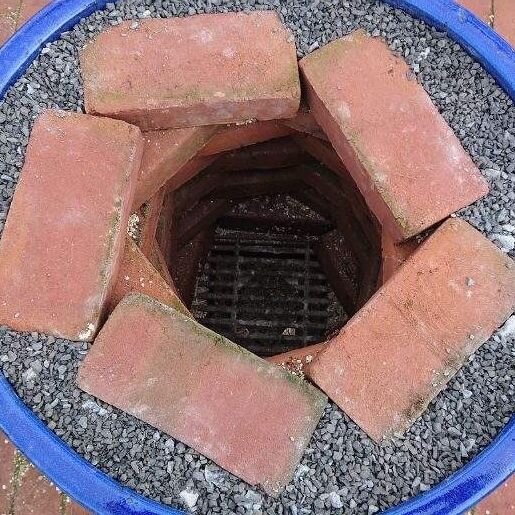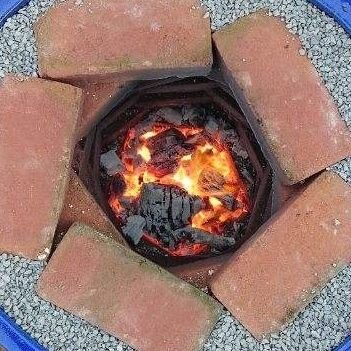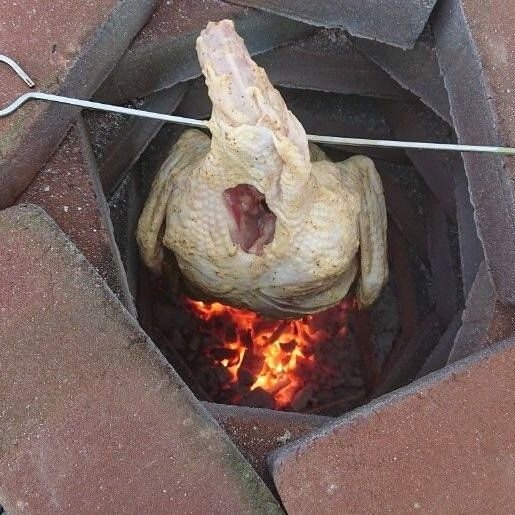Chicken Cooked in a Tandoor
Ingredients:
3-4 Lb Whole Chicken
1 C Plain yogurt
2-3 Tbs Teeny Tiny Spice Company Tandoori Masala
½ tsp Salt
Instructions:
Combine the yogurt, Tandoori Masala and salt in a large non-reactive bowl.
Cut deep slashes across the breast and legs of the chicken, about 1” apart, so that you can rub the yogurt mixture deep into the flesh.
Put the chicken in the bowl of yogurt mixture, cover with the mixture and work it under the skin and into the slashes.
Marinate from 15 minutes to overnight.
Roast the chicken in a 375º F oven until the internal temperature of the thick meat is 160º-165º F, about 1-1.5 hours.
If you are going to try to make a tandoor, see below:
Making the Tandoor
A tandoor is basically an insulated clay oven. We saw some homemade ones on Youtube built with terracotta pots inside a larger flower pot with the space between insulated with vermiculite or perlite. We tried this method, and it works, but the terracotta pots fractured due to the high heat. An alternative would be to use clay chimney flue tiles or, as we chose to do, use clay bricks stacked in a circle. The chimney flue is smooth inside, so that could be used for making Indian breads whereas the brick cannot.
What you will need:
1 Ridiculously large decorative clay flower pot
2 Cement blocks
49-50 Clay bricks
1 Old barbecue grill or wire mesh to fit in the bottom of the large pot
perlite or vermiculite
Instructions:
The only tool used was a grinder with a masonry cutting wheel to cut a 4”x4” hole in the bottom of the large flower pot in order to let air in the bottom. The cut out square was saved and placed inside the pot, rotated at a 45º to the hole, covering some of it but still allowing air up through the bottom and ash out the bottom. If you don’t have a grinder, a drill with a masonry bit or hole saw could also work.
After cutting the larger hole in the bottom of the pot, we put the pot in its final location, resting on two concrete blocks (you could use bricks) allowing air access to flow in through the bottom and external access to clear out ashes from below. Four bricks were placed on edge around the hole, leaving enough room to place the pot bottom cutout as described above.
An old grill grate was placed on these bricks, and the space between the bricks and pot was filled with vermiculite. We then built up a tower of brick circles on top of the grate, creating our clay oven space. When we got to the top of the pot, we covered the brick circle with a pan lid to keep vermiculite from falling down into the oven, and then filled the space between the bricks and the pot with vermiculite up to about an inch from the top of the bricks. That last inch was filled with coarse and fine gravel to prevent the vermiculite from blowing away on our windy hillside.
We are on a learning curve of cooking in this style of oven. Just a small amount of charcoal will get the internal temperatures super hot. The best strategy so far has been to build a moderate charcoal fire in the tandoor and let it burn down to almost nothing, thoroughly heating the bricks but not leaving a lot of fire heat from below. With the chicken, we skewer one end or the other and hang it in the tandoor to cook. You can tent some foil over the top if you want to keep in more heat. After 10-20 minutes we remove it, skewer the other end, and re-hang it the other end down. Use an instant read thermometer, and cook it until a thick part of the meat reads 160º-165º F, remove and serve.
You can also make kebabs or koftas on long skewers and either place them across the top or rest them down into the oven, allowing the skewer point to rest on a brick and the handle protrude from the top. If you want to do regular old grilling, just place a grate over the top of the oven and go to town.


